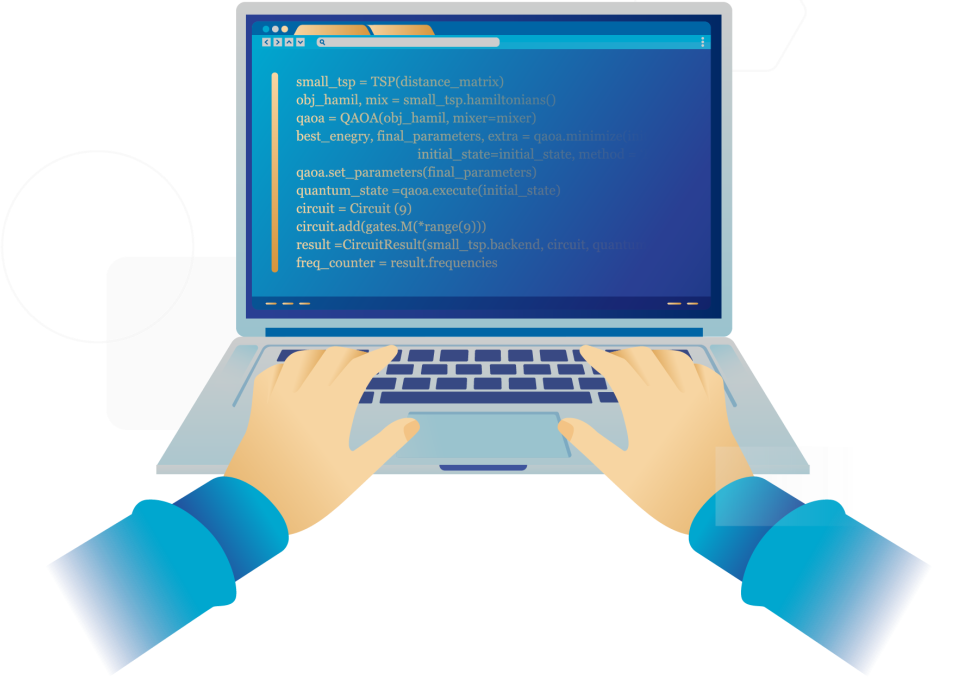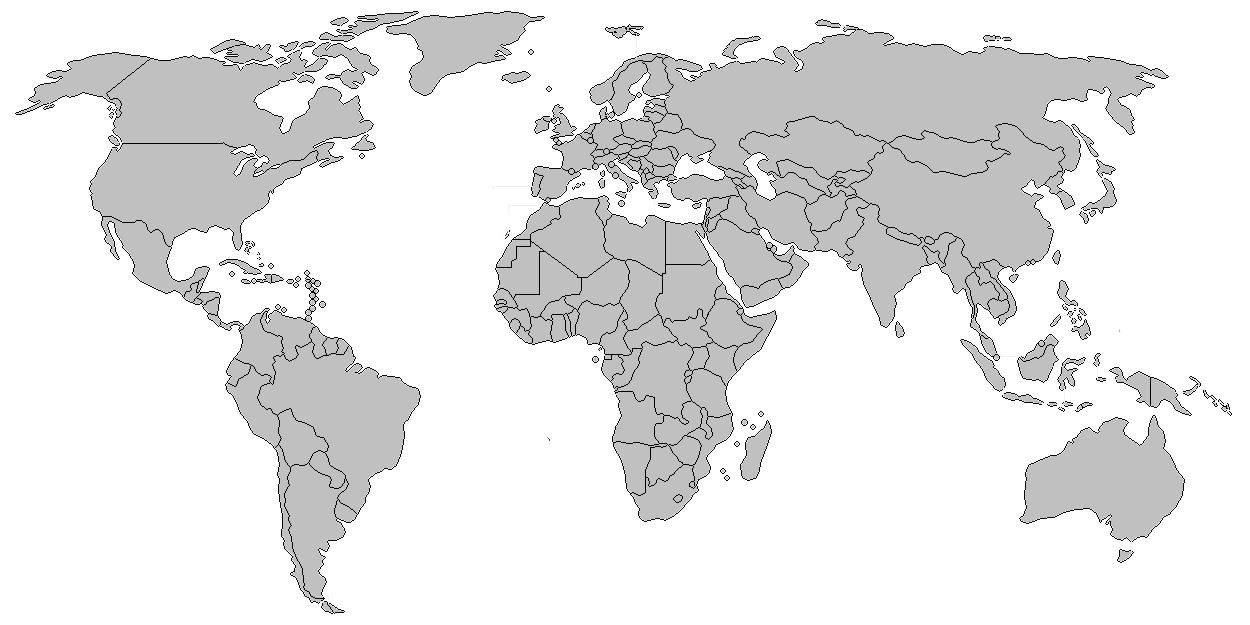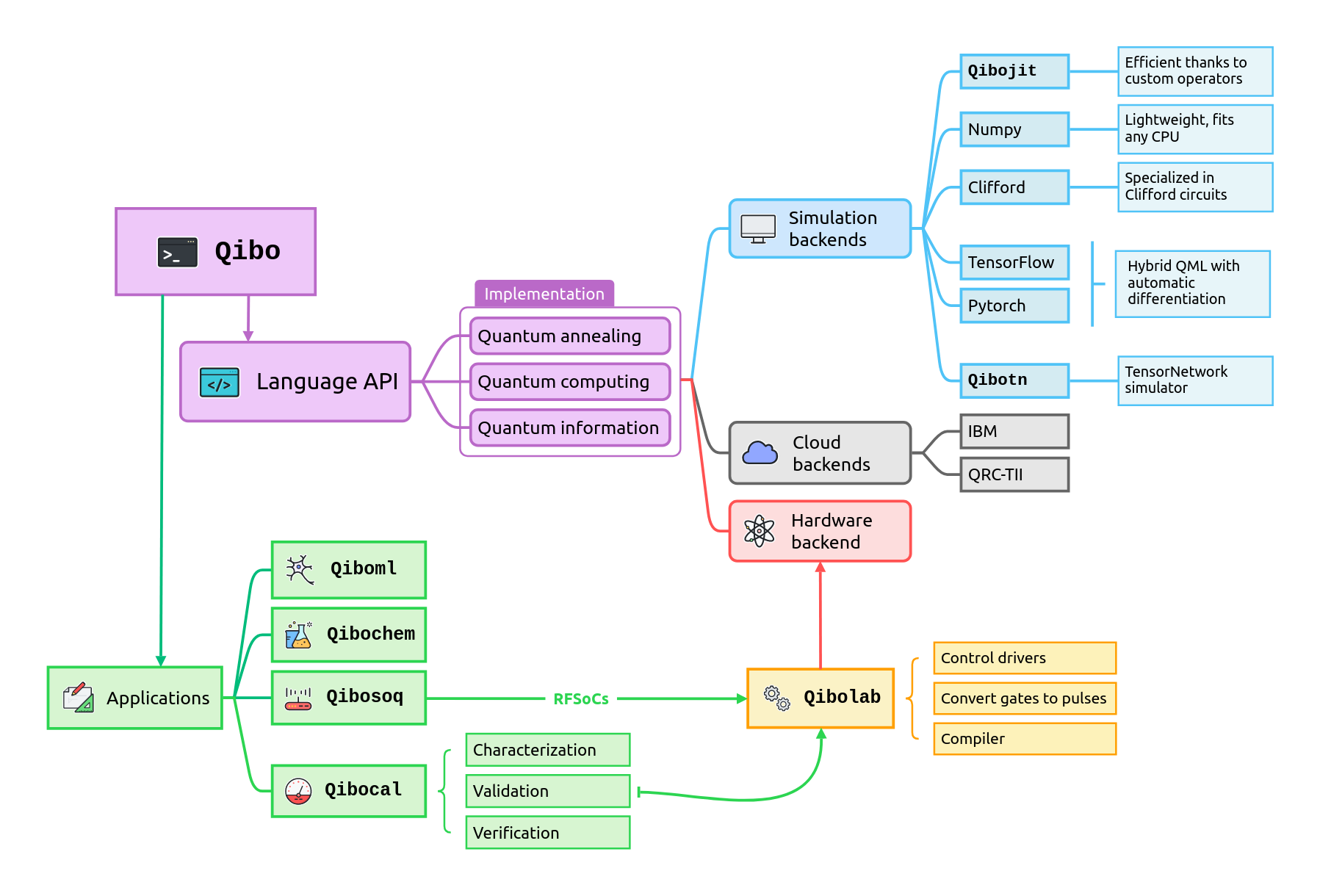Middleware
Qibo: open-source middleware

For quantum computing and quantum simulation
A quick introduction
This video is a quick introduction to Qibo from our QuTalent team. For more, you can enrol in the full course “Quantum Computing with Qibo: Basic matters”.
For full details of Qibo, see Qibo’s own website at qibo.science
Qibo at NQCH
Qibotn
Qibolab
A global project
Qibo is an international effort involving laboratories in universities and research institutions in Europe, Asia and the Americas. Hub experts are proud to be collaborators in this global network.

National Quantum Computing Hub (NQCH)
Australian National University
CERN Quantum Technology Initiative
Istituto Nazionale di Fisica Nucleare
Università degli Studi di Milano-Bicocca
Università degli Studi di Milano Statale
Biccca Quantum Technologies (BiQuTe)
Sapienza Università di Roma
Freie Universität Berlin
Imperial College London
NVIDIA
Los Alamos National Laboratory
Fermilab
Universidade Federal do Rio de Janeiro
Qilimanjaro
Universitat de Barcelona
Barcelona Supercomputing Center
Instituto de Física Corpuscular (IFIC)
Technology Innovation Institute (TII)
Riken Centre for Computational Science (R-CCS)




